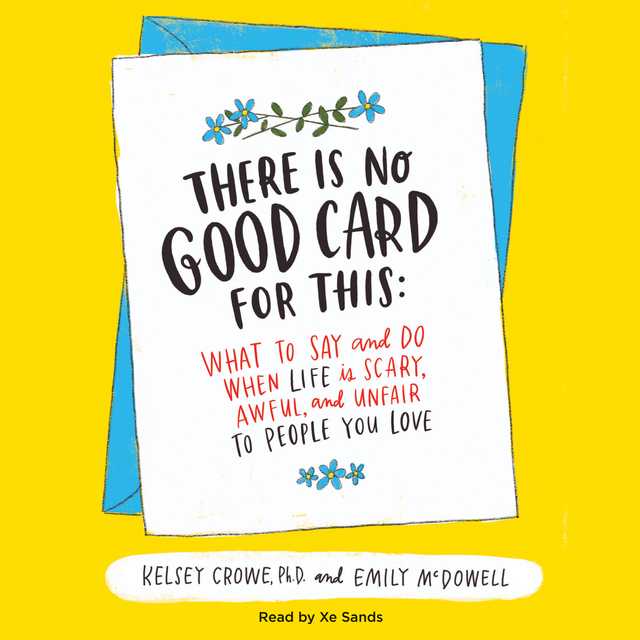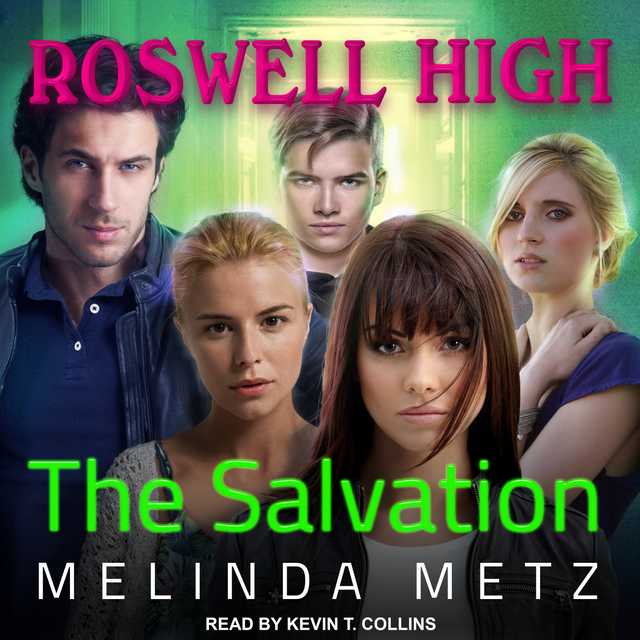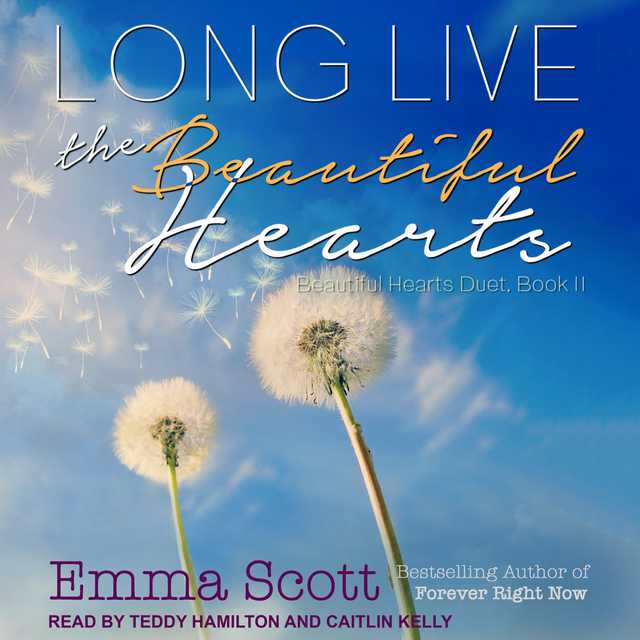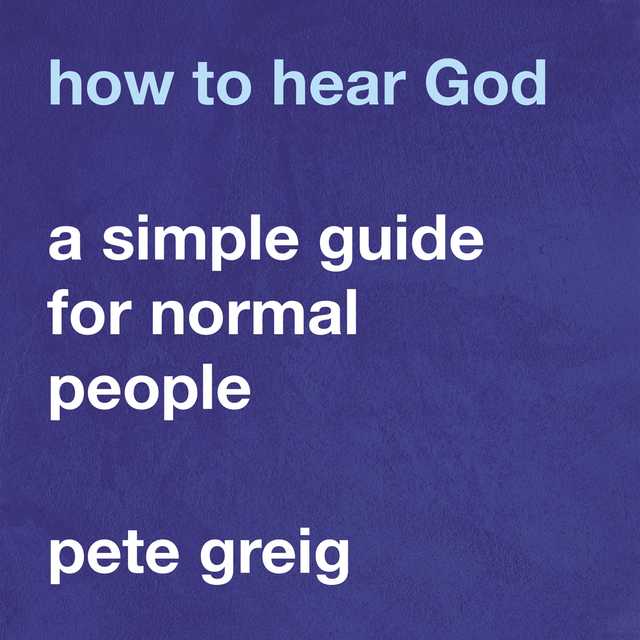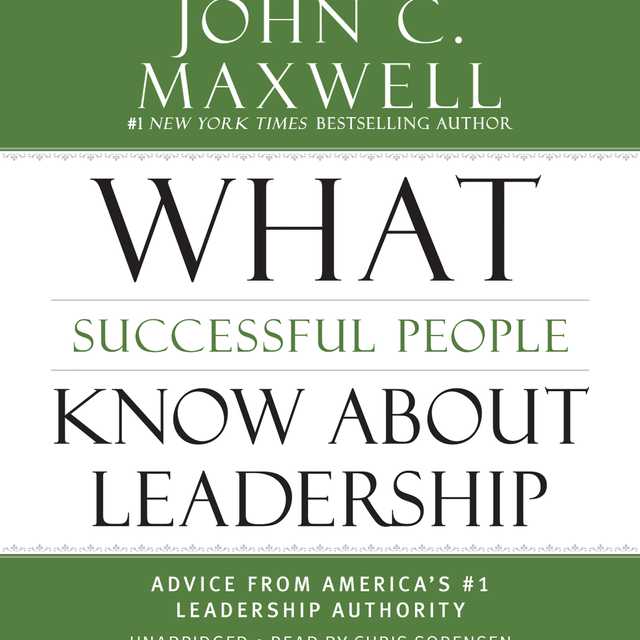There Is No Good Card for This Audiobook Summary
The creator of the viral hit “Empathy Cards” teams up with a compassion expert to produce a guide to help you increase your emotional intelligence and learn how to offer comfort and support when someone you know is in pain.
When someone you know is hurting, you want to let her know that you care. But many people don’t know what words to use–or are afraid of saying or doing the wrong thing. This thoughtful, instructive guide, from empathy expert Dr. Kelsey Crowe and greeting card maverick Emily McDowell, blends well-researched, actionable advice with the no-nonsense humor of McDowell’s immensely popular Empathy Cards, to help you feel confident in connecting with anyone experiencing grief, loss, illness, or any other difficult situation.
Written in a how-to, relatable, we’ve-all-been-that-deer-in-the-headlights kind of way, There Is No Good Card for This isn’t a spiritual treatise on how to make you a better person or a scientific argument about why compassion matters. It is a guide to effective compassion that takes you, step by step by step, past the paralysis of thinking about someone in a difficult time to actually doing something (or nothing) with good judgment instead of fear.
There Is No Good Card for This features workbook exercises, sample dialogs, and real-life examples from Dr. Crowe’s research, including her popular “Empathy Bootcamps” that give people tools for building relationships when it really counts. Whether it’s a coworker whose mother has died, a neighbor whose husband has been in a car accident, or a friend who is seriously ill, There Is No Good Card for This teaches you how to be the best friend you can be to someone in need.
Other Top Audiobooks
There Is No Good Card for This Audiobook Narrator
Xe Sands is the narrator of There Is No Good Card for This audiobook that was written by Kelsey Crowe
Kelsey Crowe, Ph.D., founded Help Each Other Out and is a breast cancer survivor. She earned her doctorate in social welfare at the University of California, Berkeley, and teaches social work at California State University. Kelsey is originally from Brooklyn and lives in San Francisco with her husband and daughter. You can find her online at www.helpeachotherout.org.
About the Author(s) of There Is No Good Card for This
Kelsey Crowe is the author of There Is No Good Card for This
More From the Same
- Publisher : HarperAudio
- Abraham
- American Gods [TV Tie-In]
- Dead Ringer
- House of Sand and Fog
- Prey
There Is No Good Card for This Full Details
| Narrator | Xe Sands |
| Length | 3 hours 35 minutes |
| Author | Kelsey Crowe |
| Category | |
| Publisher | HarperAudio |
| Release date | January 17, 2017 |
| ISBN | 9780062658579 |
Subjects
The publisher of the There Is No Good Card for This is HarperAudio. includes the following subjects: The BISAC Subject Code is General, Personal Growth, Self-Help
Additional info
The publisher of the There Is No Good Card for This is HarperAudio. The imprint is HarperAudio. It is supplied by HarperAudio. The ISBN-13 is 9780062658579.
Global Availability
This book is only available in the United States.
Goodreads Reviews
Laura
February 02, 2017
This book should be mandatory reading for every human.
❄️✨ Kat ✨❄️
July 28, 2017
EVERYONE SHOULD READ THIS BOOK!It discusses what to do to help people who are in distress - what you can say, and if you aren't great at talking/listening, what you can do to help. It also states phrases that are very common, that really aren't that helpful.. such as "I know how you feel" or "Maybe you should (insert unwanted advice here.)" All in all, this is a great, super informing read.
Emma Deplores Goodreads Censorship
February 27, 2019
This is a great primer on how to help when things go seriously wrong for other people in your life. It’s largely aimed at those who want to reach out and help but don’t know how, but in its discussions of what is and isn’t helpful when someone is suffering, I suspect it would be helpful to most people. We tend to learn what to say in the face of other people’s distress from the things other people have said to us or in our presence, much of which isn’t actually helpful. This book will help you with that, and it’s a very quick and easy read, full of fun graphics and illustrations, that can easily be devoured in a single sitting. Its contents will be obvious to some, but with this sort of book I think the point is less to reveal new and shocking information and more getting people to examine things they hadn’t really thought about before. Some key takeaways:- It can be really hard to know what to do when something awful happens to someone you know. How do you know what’s the right thing to say, or how you can best help? Is it your place to say or do anything, or would you just be intruding? What if you want to show that you care, but are busy or overwhelmed by your own life and don’t have the bandwidth to do much? Most of us have a shameful story about someone we let down because we didn’t feel up to dealing with their situation. (And here I thought it was just me.)- But if you genuinely care, even just a little (as opposed to being curious or a little gleeful about someone’s downfall), it’s almost always better to reach out than not, even if it’s just to say “I’m sorry.”- “I’m sorry” is a great starting point in most situations, and in some cases may be all you need to do. Asking people how they’re doing is also a good idea, unless they are obviously in crisis. “How are you today?” when someone’s been dealing with something for a little while, or “how are you now?” when the issue is largely behind them, are also ways of showing you genuinely care.- If you want to provide some kind of help, don’t just vaguely say “let me know if I can do anything” and leave the person in crisis to figure out what they need, wonder if that’s too much to ask of you or if you just meant to be polite, and risk being turned down if you can’t help in that way. Offer the thing(s) you can provide. Or if you’re thinking of something small like buying candy, just do it rather than pestering someone in crisis for all the details of their preferences.- Don’t respond to someone else’s crisis with positive platitudes. Sentiments like “I’m sure it’ll turn out all right” or “everything happens for a reason” or “you just have to stay positive” send the message that you’re not interested in hearing about the actual difficult emotions and experiences that the person is having, and shuts down the conversation. I think people do this out of a sense that we’re supposed to “fix” the problem, and if it’s too big a problem for us to actually fix, then we have to leave the subject on a positive note somehow. We feel like failures if we can’t offer some help, and if we actually can’t, we resort to insisting on positivity. But of course the reality is that offering someone a platitude not only doesn’t help them, but can send the message that you can’t handle a real talk about whatever they’re experiencing.- Don’t respond by trying to ferret out the cause of someone’s misfortune, which can be indistinguishable from blaming them for it. (“Your father has lung cancer? Well, wasn’t he a smoker?”)- Don’t respond with unsolicited advice or dire warnings. Assume the other person has spent far more time googling their situation than you have. Affirming your faith in their judgment and competence can be helpful for someone in crisis. If you really do have specialized knowledge related to their situation, you can always say, “I’m happy to give you advice if you want it.”There’s a lot more good, sensible advice in the book than I have time or space to include here. And in general, I think the authors do a great job of taking into account the wide varieties of situations in which people might find themselves, and differences among people who won’t all want to be supported in the same way. There are a few suggestions here that I wouldn’t take, like saying “that can be hard” to account for the fact that some people feel good about their divorces or optimistic about their diagnoses. To me that seems to suggest that you have broad experience with the person’s particular issue, and would sound full of it coming from someone who doesn’t. The book also talks a lot about the importance of listening and not turning the conversation to your own similar experiences, which is important if the suffering person wants to talk, but not everyone wants to pour out their heart to you (or to anyone) about their difficult time. Though I suppose erring on the side of listening makes sense, especially for those who have to work at it.At any rate, the point of a book like this is to present its mostly common-sense advice in an engaging, easy-to-digest format and to get people thinking about it, so they’ll actually be prepared to handle difficult situations in their own lives. And at that the book succeeds.
Sara
March 28, 2017
Everyone should read this! How many times in your life have you wanted to be helpful towards someone going through a rough patch but felt awkward about what to do or say? This book outlines how to really "be there" for others in terms even the most emotionally/socially backward among us can comprehend. Here's the great part--it doesn't take much! Turns out our smallest efforts can make the biggest difference for those we care about. Great resource for real life!
Cari
February 05, 2017
Should be required reading for all people.
Emily
June 18, 2017
A great book for someone like me (i.e the socially awkward and ) Also good for regular people too
Colona Public Library
December 22, 2017
I saw this book in an article that listed some books about self-improvement for the new year (Jan. 2018 is fast approaching!) And I thought this book was an incredible idea! I see and talk to so many patrons and when they are experiencing a loss or some hard times and I always wondered if I'm saying or doing the right things. If you can remember that your kindness is your credential, listening speaks volumes, and small gestures make a big difference then you will go a long way. This book covers a lot, has examples of conversations, the pages have an easy reading format (some fun fonts and illustrations occasionally), and I like the reviews of what was covered at the end of chapters. This book was very helpful, there are a few things in here that are going to stick with me for sure! I highly recommend! ~Ashley
Nicole
January 30, 2023
read for necessity, not enjoyment. feels weird to rate/review a book that i read for reference and guidance during a troubling time. don't have much to say regarding this except it has been an extremely helpful form of directions and counsel while i am at a total loss of what to do. helpful in assisting the reader in guiding loved ones through grief and loss.
Tricia
June 19, 2021
I loved the practical advice and example scenarios. The thoughtful approach to being a quality friend/coworker/human includes an “empathy workout” that helps identify and forgive resentments, because some of the fear of being there for someone else is from times when you have felt let down by others.
Fictionista
January 06, 2019
Super helpful book if you are looking to be a more open, giving person. Its lovely, easy to read, and full of helpful illustrations and lists. Every single person should read this before ever being exposed to a grieving or in-crisis person.
Jay
March 22, 2018
Having run across a virulent stretch of bad news among co-workers and friends in the recent past, I’ve come to realize that I am probably not reaching out or responding in a way that matches my good intentions. I often stumble for the words to express my regret and to offer solace. I thought this book sounded like a good way to learn how to make this part of interacting with others a bit more accessible when needed. I had a couple of other reasons to listen to this audiobook. First, I had read Sheryl Sandberg’s book “Option B”, which included some pointers in what not to say to people in grief. I wanted more. (And I was not surprised that this book quoted the passages I most remembered from “Option B”.) Also, I had my college-age daughter in the car while listening to the audiobook. She is in a major where she may get a job dealing with families facing rough patches, and I suspect that dealing with families with compassion is not deeply covered in her curriculum. She says it isn’t covered at all. I’m hoping that she picked up some of the advice offered in the book, as I discussed it with her. This kind of advice can make the difference between her starting her career off well and not, as she interacts with her first clients. Lastly, I wanted to read this book considering the perspective of a receiver of other’s attentions due to my own grief. My father passed away recently, and I found that I often didn’t know how best to respond to people showing their concern. While this book wasn’t written with this perspective in mind, it does help by making you understand what people are thinking and what their intentions are based on what they say and do. Overall, this was just what I was looking for. Not too deep, but deep enough. Just the right amount of the author’s personalities comes through to keep this interesting and human. The audiobook version of this book felt like it contained the right kind of material for listening. No forgettable long lists, although there are some lists in the text. I read in other reviews that there are checklists, etc. in the book, so that might be good for a longer term reference if needed. The audiobook narrator was very good and I felt engaged throughout.I found this interesting – even though the book is called “There Is No Good Card For This”, one of the authors sells cards for grief. And one of their cards says, “There Is No Good Card For This.” Seems a bit Escher. I often read books written by consultants who use the book to sell their consulting services. And I often don’t like these kinds of books, feeling like I paid to be advertised to. Here, I don’t see a problem if the author sells some cards. And, strangely, it looks like reading the messages on the cards is like a summary of the book.
Offbalance
November 30, 2017
In the crazy, far-off land known as Corporate America, citizens are often required to take exams on certain topics (such as Cyber Security or Ethics) every year or so to make sure they're in a certain level of compliance. While draconian and annoying, it's just the way things go, and something I never thought much of until I read this book. Until I read this book, I never thought citizens in the actual world should have an analogue to this process, but now I believe that every year, every human who interacts with other humans should have to read this book and pass a test based on it. I've never read anything more valuable about interacting with people having a rough time that you're either close or simply adjacent to. It's simple, direct, and incredibly effective. It's a blissfully brief read, too, with lots of plain language, pictures, and charts. It's easy to skip around to parts you immediately need, too. Do not delay - you need this book, even as a refresher course.
Melle
May 22, 2017
I would like to think I am an empathetic and supportive person, but my words and actions sometimes fail me, as they sometimes do many of us. This is a great book for encouraging us to reach out to one another when we need it most, despite the inevitable awkwardness and missteps. It presents the ways many of us have erred while also presenting better examples of words and actions we can use to show the care and support to others in need. Should be required reading for human beings. Will be endeavoring to be a better human being and thankful to have read this for some added push.
Kris
October 11, 2017
This is an easy, but important, read. Everyone will eventually be on both sides of tough situations - either you will be in the tough situation, or you will be the friend, loved one, or acquaintance wondering what to say and do. There is both practical advice and a general explanation of empathy. So many people mean well, but either say or do nothing for those who are struggling, or they do damage through saying really hurtful things. Other than truly egregious things, it is usually better to err on the side of trying to listen and help, and this book will be helpful in doing that.
Most Popular Audiobooks
Frequently asked questions
Listening to audiobooks not only easy, it is also very convenient. You can listen to audiobooks on almost every device. From your laptop to your smart phone or even a smart speaker like Apple HomePod or even Alexa. Here’s how you can get started listening to audiobooks.
- 1. Download your favorite audiobook app such as Speechify.
- 2. Sign up for an account.
- 3. Browse the library for the best audiobooks and select the first one for free
- 4. Download the audiobook file to your device
- 5. Open the Speechify audiobook app and select the audiobook you want to listen to.
- 6. Adjust the playback speed and other settings to your preference.
- 7. Press play and enjoy!
While you can listen to the bestsellers on almost any device, and preferences may vary, generally smart phones are offer the most convenience factor. You could be working out, grocery shopping, or even watching your dog in the dog park on a Saturday morning.
However, most audiobook apps work across multiple devices so you can pick up that riveting new Stephen King book you started at the dog park, back on your laptop when you get back home.
Speechify is one of the best apps for audiobooks. The pricing structure is the most competitive in the market and the app is easy to use. It features the best sellers and award winning authors. Listen to your favorite books or discover new ones and listen to real voice actors read to you. Getting started is easy, the first book is free.
Research showcasing the brain health benefits of reading on a regular basis is wide-ranging and undeniable. However, research comparing the benefits of reading vs listening is much more sparse. According to professor of psychology and author Dr. Kristen Willeumier, though, there is good reason to believe that the reading experience provided by audiobooks offers many of the same brain benefits as reading a physical book.
Audiobooks are recordings of books that are read aloud by a professional voice actor. The recordings are typically available for purchase and download in digital formats such as MP3, WMA, or AAC. They can also be streamed from online services like Speechify, Audible, AppleBooks, or Spotify.
You simply download the app onto your smart phone, create your account, and in Speechify, you can choose your first book, from our vast library of best-sellers and classics, to read for free.
Audiobooks, like real books can add up over time. Here’s where you can listen to audiobooks for free. Speechify let’s you read your first best seller for free. Apart from that, we have a vast selection of free audiobooks that you can enjoy. Get the same rich experience no matter if the book was free or not.
It depends. Yes, there are free audiobooks and paid audiobooks. Speechify offers a blend of both!
It varies. The easiest way depends on a few things. The app and service you use, which device, and platform. Speechify is the easiest way to listen to audiobooks. Downloading the app is quick. It is not a large app and does not eat up space on your iPhone or Android device.
Listening to audiobooks on your smart phone, with Speechify, is the easiest way to listen to audiobooks.

